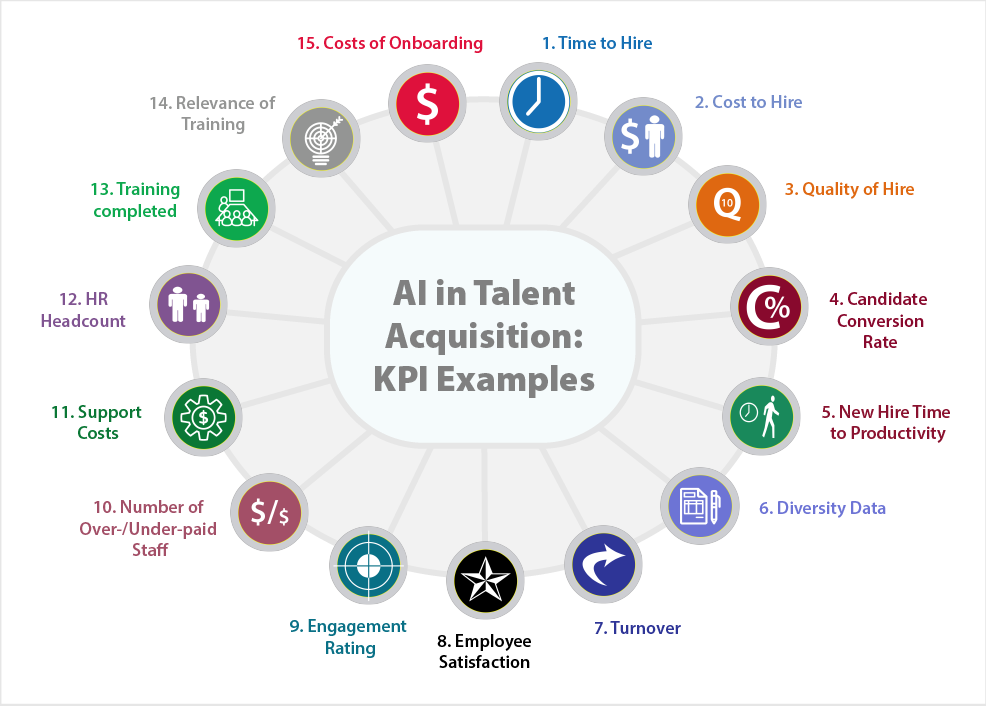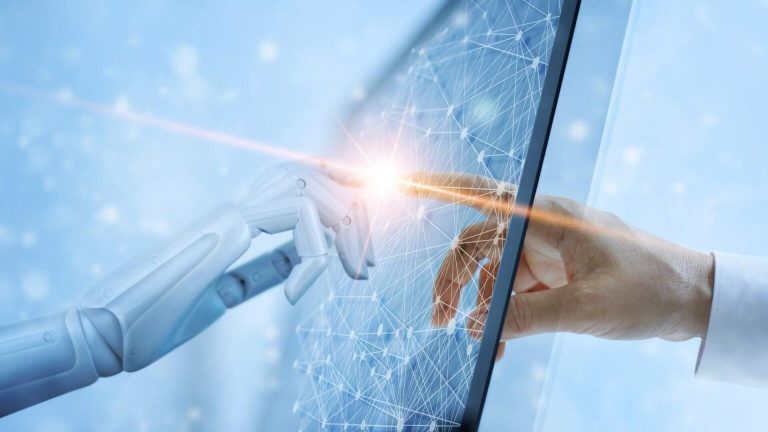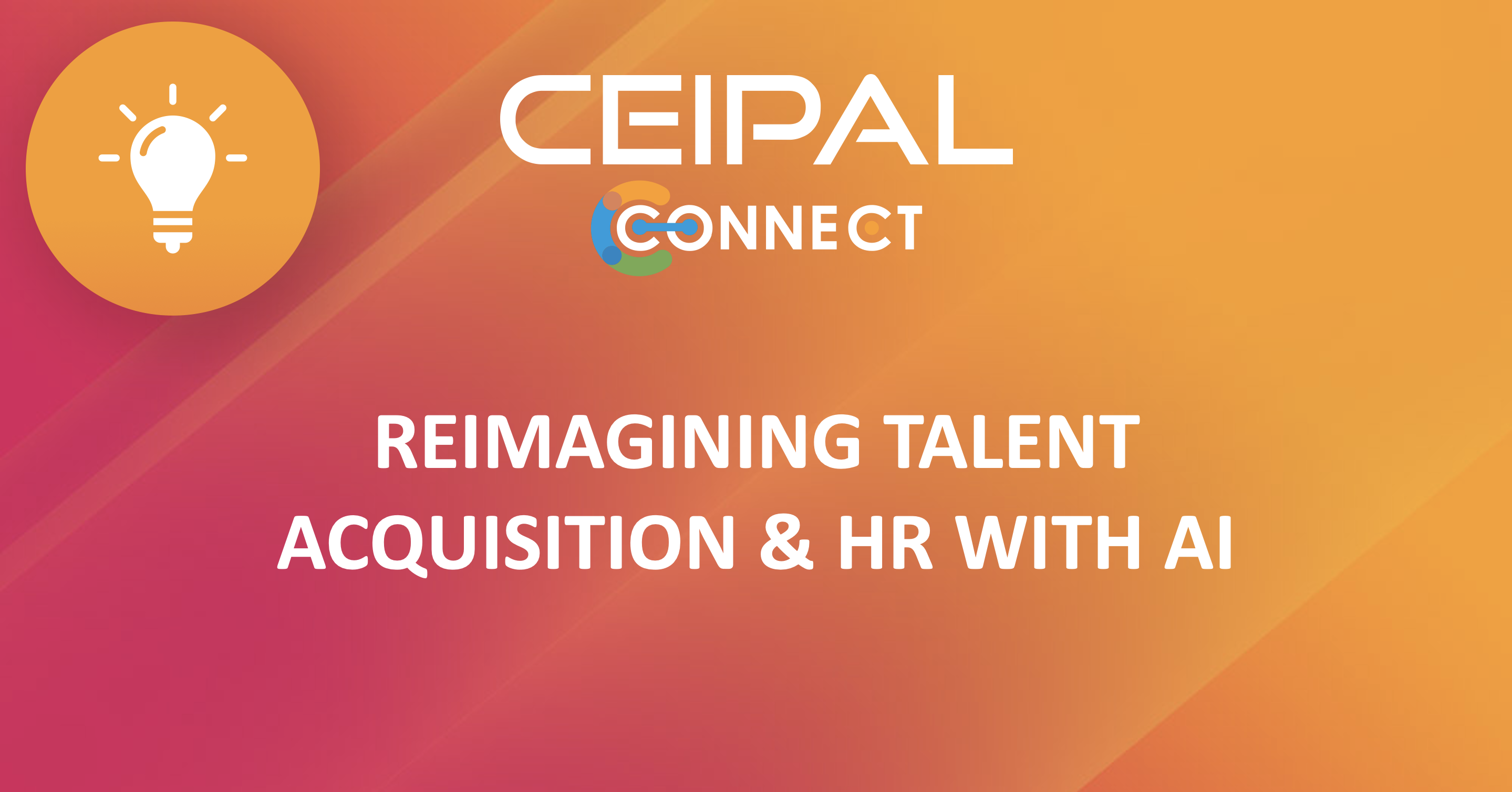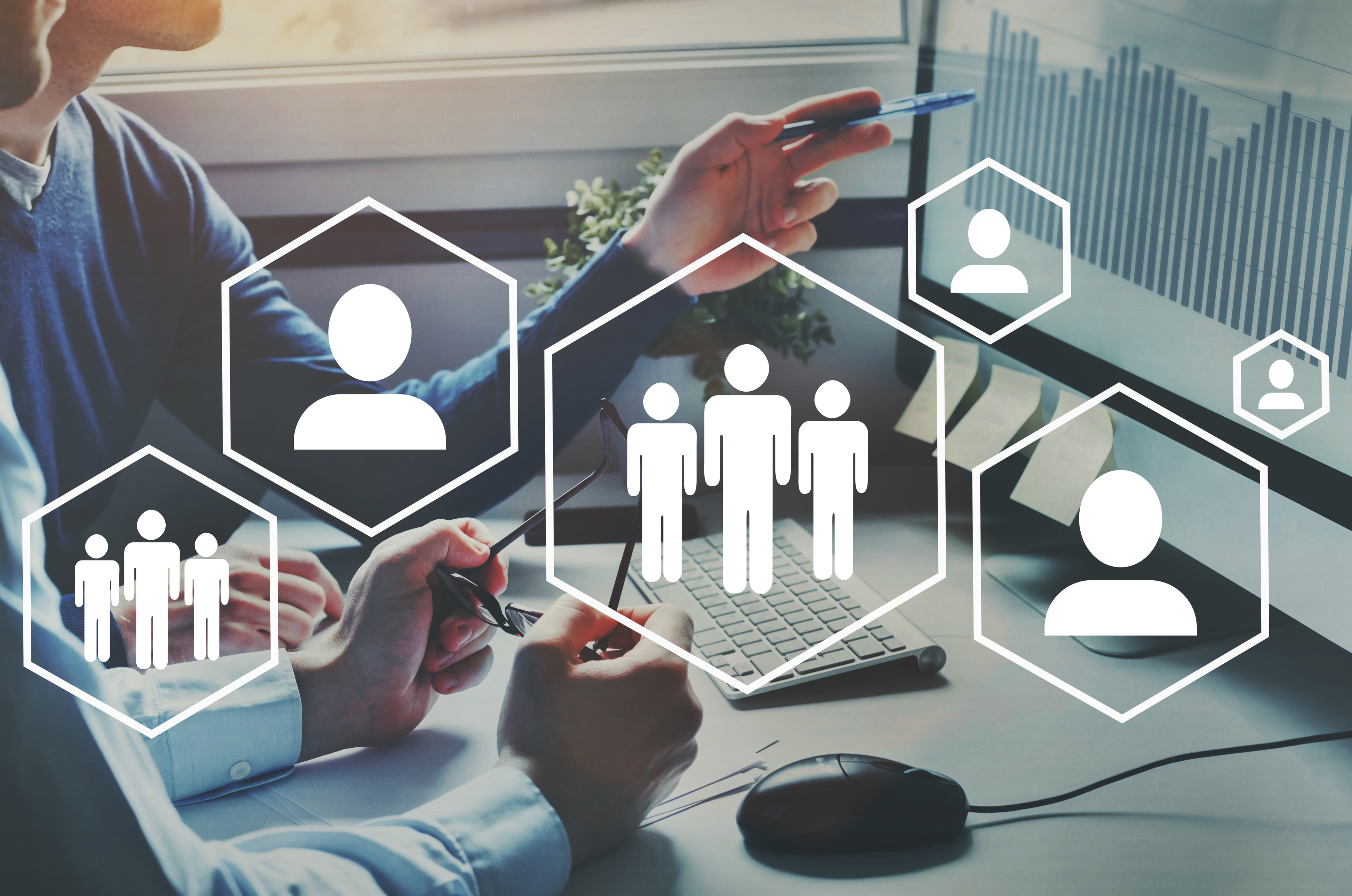Artificial Intelligence (AI) for Talent Acquisition and HR

The use of artificial intelligence (AI) in the talent acquisition and human resources (HR) space is rapidly growing. In fact, a recent study by Gartner predicts that by 2023, 70% of HR departments will be using AI-powered solutions.
There are a number of reasons for this growth. First, AI can help HR teams to automate tasks that are currently time-consuming and inefficient. This includes tasks such as screening resumes, scheduling interviews, and conducting reference checks. By automating these tasks, HR teams can free up their time to focus on more strategic and high-value activities.
Second, AI can help HR teams to improve the quality of their hiring decisions. AI-powered solutions can be used to identify top talent, assess candidates' skills and qualifications, and predict their future success. This can help HR teams to make better hiring decisions, which can lead to a more talented and productive workforce.

Third, AI can help HR teams to build a more inclusive and diverse workforce. AI-powered solutions can be used to identify and remove unconscious bias from the hiring process. This can help HR teams to hire more qualified candidates from a wider range of backgrounds.
There are a number of different ways that AI can be used in the talent acquisition and HR space. Some of the most common applications include:
- Automating tasks: AI can be used to automate a variety of tasks that are currently performed by HR teams, such as screening resumes, scheduling interviews, and conducting reference checks. This can free up HR teams' time to focus on more strategic and high-value activities.
- Identifying top talent: AI-powered solutions can be used to identify top talent by assessing candidates' skills, qualifications, and potential for success. This can help HR teams to make better hiring decisions and build a more talented workforce.
- Predicting future success: AI-powered solutions can be used to predict candidates' future success by analyzing their past performance and experience. This can help HR teams to identify the candidates who are most likely to be successful in their roles.
- Building a more inclusive and diverse workforce: AI-powered solutions can be used to identify and remove unconscious bias from the hiring process. This can help HR teams to hire more qualified candidates from a wider range of backgrounds.

AI is a powerful tool that can be used to improve the talent acquisition and HR process. By automating tasks, identifying top talent, predicting future success, and building a more inclusive and diverse workforce, AI can help HR teams to be more efficient, effective, and strategic.
Benefits of AI for Talent Acquisition and HR
There are a number of benefits to using AI for talent acquisition and HR. Some of the most notable benefits include:

- Improved efficiency: AI can help HR teams to automate tasks that are currently time-consuming and inefficient. This can free up HR teams' time to focus on more strategic and high-value activities.
- Improved accuracy: AI-powered solutions can be used to identify top talent and predict candidates' future success. This can help HR teams to make better hiring decisions and build a more talented workforce.
- Increased diversity: AI-powered solutions can be used to identify and remove unconscious bias from the hiring process. This can help HR teams to hire more qualified candidates from a wider range of backgrounds.
- Improved customer experience: AI can be used to provide candidates with a more personalized and engaging experience throughout the hiring process. This can help to attract and retain top talent.
Challenges of AI for Talent Acquisition and HR
While AI offers a number of benefits for talent acquisition and HR, there are also a number of challenges that need to be considered. Some of the most notable challenges include:

- Bias: AI-powered solutions can be biased against certain groups of people, such as women and minorities. This is because AI models are trained on data that is often biased, and this bias can be carried over into the decisions that the models make.
- Transparency: AI models are often complex and opaque, which makes it difficult for HR teams to understand how the models make decisions. This can lead to a lack of trust in AI-powered solutions.
- Regulation: The use of AI in the talent acquisition and HR space is still relatively new, and there are few regulations governing how AI can be used. This can make it difficult for HR teams to comply with all applicable laws and regulations.
Conclusion
AI is a powerful tool that can be used to improve the talent acquisition and HR process. However, it is important to be aware of the challenges associated with AI before implementing AI-powered solutions. By carefully considering the benefits and challenges of AI, HR teams can use AI to achieve their goals and improve the talent acquisition and HR process.


**Here are
Post a Comment